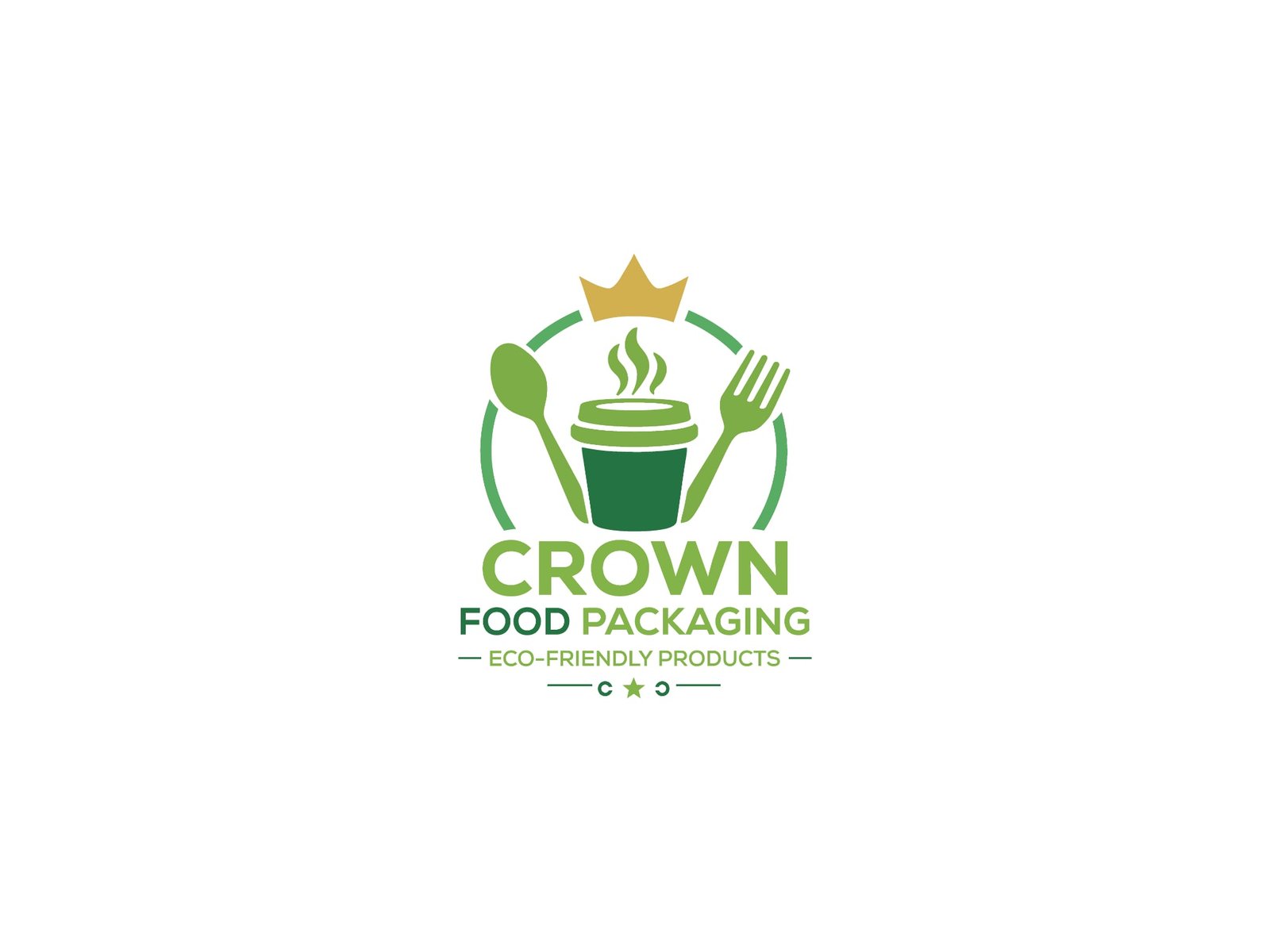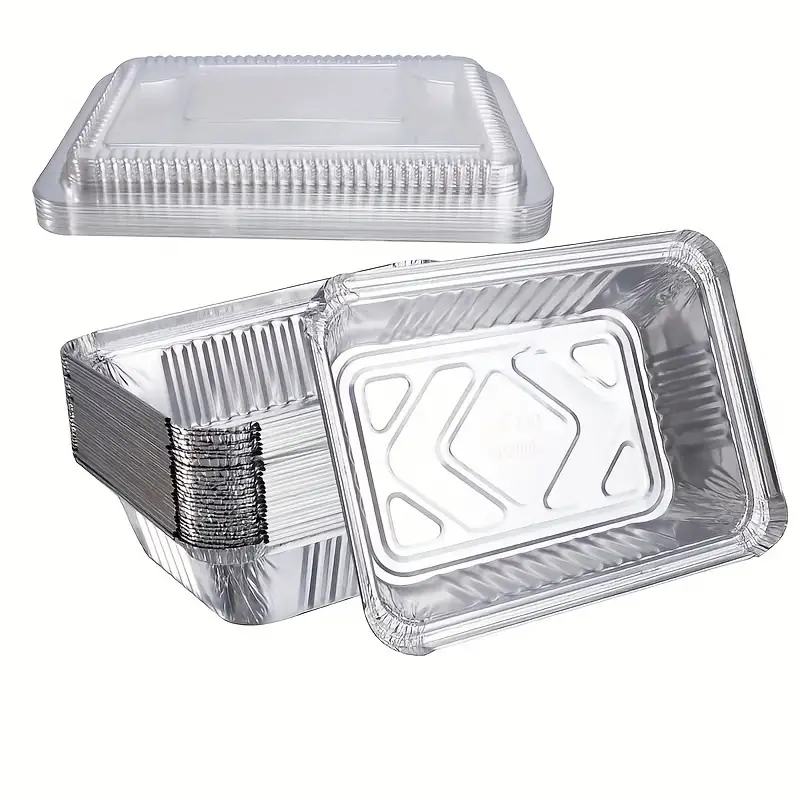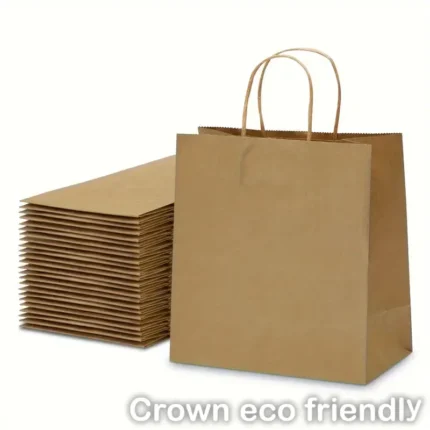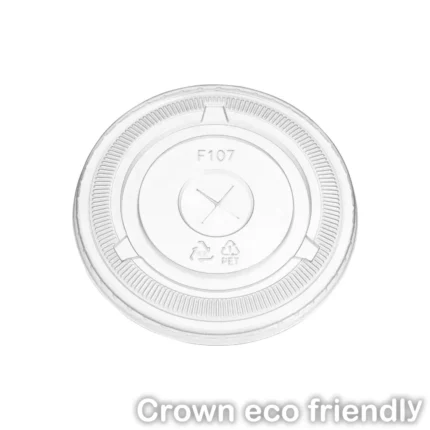Introduction
In the packaging industry, aluminum packaging products have gained significant traction due to their versatility, durability, and health benefits. This article explores the various aspects of aluminum packaging, emphasizing its importance in maintaining food safety, enhancing product shelf life, and providing convenience to consumers.
Health Benefits of Aluminum Packaging
Preserving Food Quality
Aluminum packaging plays a crucial role in preserving the quality of food products. Its excellent barrier properties protect food from light, air, moisture, and contaminants, ensuring that the food remains fresh and safe for consumption over an extended period. This is particularly important for perishable goods such as dairy products, meats, and ready-to-eat meals, where maintaining freshness is critical for consumer satisfaction and health.
Preventing Contamination
One of the standout features of aluminum packaging is its ability to prevent contamination. Aluminum is non-reactive and provides an impermeable layer that shields food from harmful bacteria and other pollutants. This makes it an ideal choice for packaging sensitive food items, including dairy products, meats, and pharmaceuticals. The non-reactive nature of aluminum ensures that it does not alter the taste, smell, or appearance of the food, maintaining its original quality.
Reducing Food Waste
By extending the shelf life of food products, aluminum packaging helps reduce food waste. Its ability to preserve the nutritional value and taste of food products means that less food is thrown away, contributing to more sustainable consumption practices. This not only benefits consumers by reducing their food expenses but also positively impacts the environment by decreasing the amount of food waste that ends up in landfills.
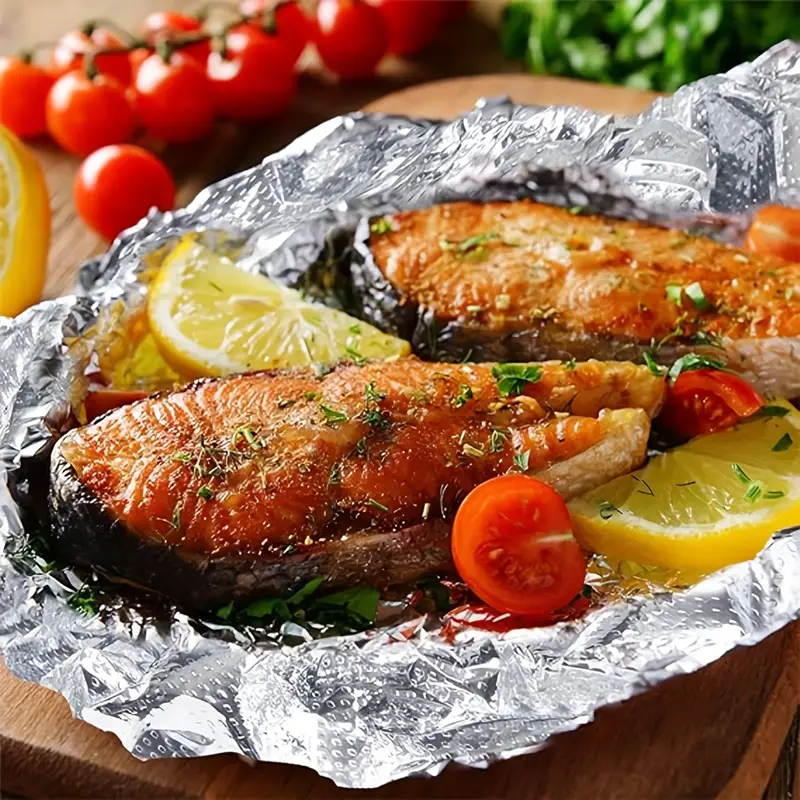
Environmental Impact and Sustainability
Recyclability of Aluminum
Aluminum is one of the most recyclable materials available, with the potential to be recycled indefinitely without losing its properties. This makes aluminum packaging sustainable, reducing the need for virgin materials and decreasing the overall environmental footprint. Recycling aluminum saves up to 95% of the energy required to produce new aluminum, making it an eco-friendly choice for packaging.
Energy Efficiency
The process of recycling aluminum requires significantly less energy compared to producing new aluminum from raw materials. This energy efficiency translates into lower greenhouse gas emissions, contributing to the fight against climate change. Additionally, the reduced energy consumption in recycling aluminum helps in conserving natural resources, making it a more sustainable option for the long term.
Lightweight and Transport Efficiency
Aluminum packaging is lightweight, which reduces transportation costs and energy consumption. The reduced weight not only lowers fuel usage but also allows for more efficient logistics, enhancing the overall sustainability of supply chains. Lightweight packaging also means that more products can be transported at once, reducing the number of trips needed and further lowering the carbon footprint of transportation.
Versatility and Applications
Food and Beverage Industry
Aluminum packaging is widely used in the food and beverage industry due to its protective properties and ability to preserve the taste and quality of products. Common applications include beverage cans, food trays, and foil wraps. Beverage cans made of aluminum are particularly popular for their ability to keep drinks cold and fresh, while food trays and foil wraps are convenient for cooking, storing, and reheating food.
Pharmaceutical Industry
In the pharmaceutical industry, aluminum packaging is essential for ensuring the safety and efficacy of medications. Its ability to protect against moisture, light, and air makes it a preferred choice for packaging tablets, capsules, and other medical products. The impermeable nature of aluminum ensures that medications remain effective over their intended shelf life, preventing degradation and contamination.
Cosmetic and Personal Care Products
The cosmetic and personal care industry also benefits from aluminum packaging. Products such as creams, lotions, and sprays are often packaged in aluminum containers to maintain their integrity and prolong their shelf life. Aluminum packaging protects these products from exposure to light and air, which can cause deterioration, ensuring that they remain effective and safe for use.
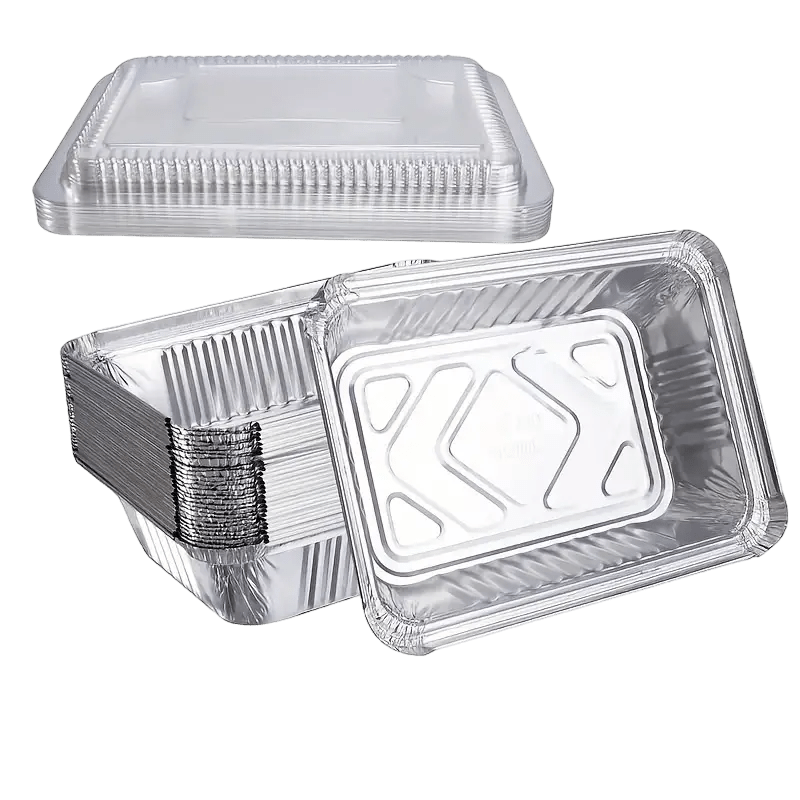
Ease of Use
Convenience for Consumers
Aluminum packaging products are designed for ease of use, providing convenience to consumers. Features such as easy-open lids, resealable containers, and lightweight designs make aluminum packaging user-friendly and practical for everyday use. This convenience extends to various applications, from food storage and preparation to personal care and household products.
Heat Resistance and Cooking
Aluminum packaging is highly resistant to heat, making it suitable for cooking and reheating food. Aluminum foil, for example, is commonly used for baking and grilling, offering a convenient and efficient way to prepare meals. The heat resistance of aluminum ensures that it can withstand high temperatures without melting or releasing harmful substances, making it safe for use in ovens and grills.
Portability and Storage
The lightweight nature of aluminum packaging makes it easy to transport and store. Whether for outdoor activities, travel, or home storage, aluminum packaging offers a durable and portable solution for keeping food and other products safe. Aluminum containers are often stackable, which helps in saving space and keeping storage areas organized.
Conclusion
Aluminum packaging products provide numerous benefits, from preserving food quality and preventing contamination to offering sustainability and ease of use. As a versatile and reliable material, aluminum plays a critical role in the packaging industry, ensuring that products remain safe, fresh, and convenient for consumers. Embracing aluminum packaging can lead to healthier, more sustainable, and efficient consumption practices.
